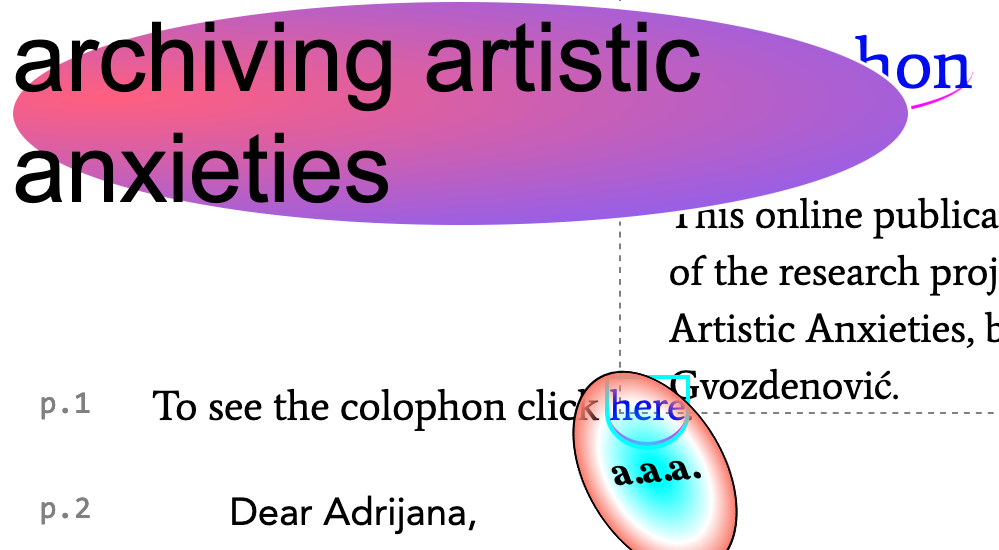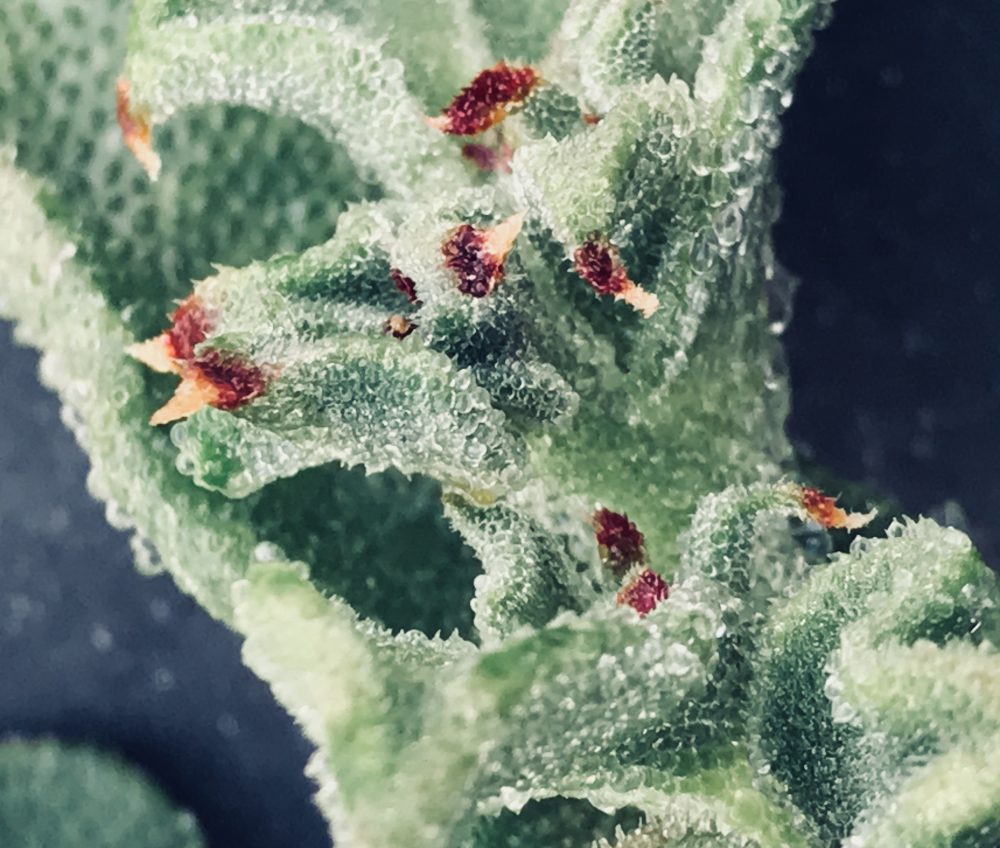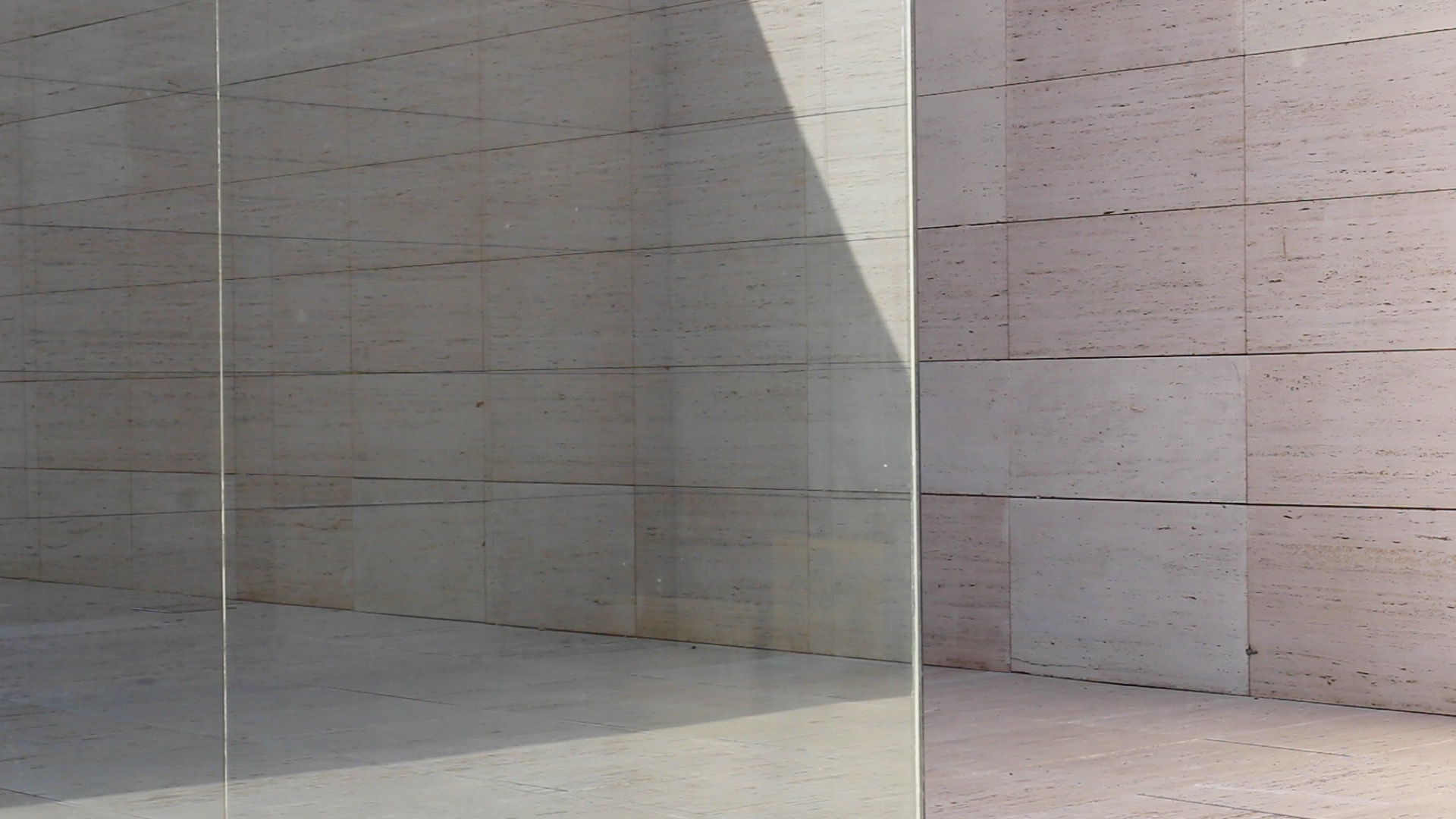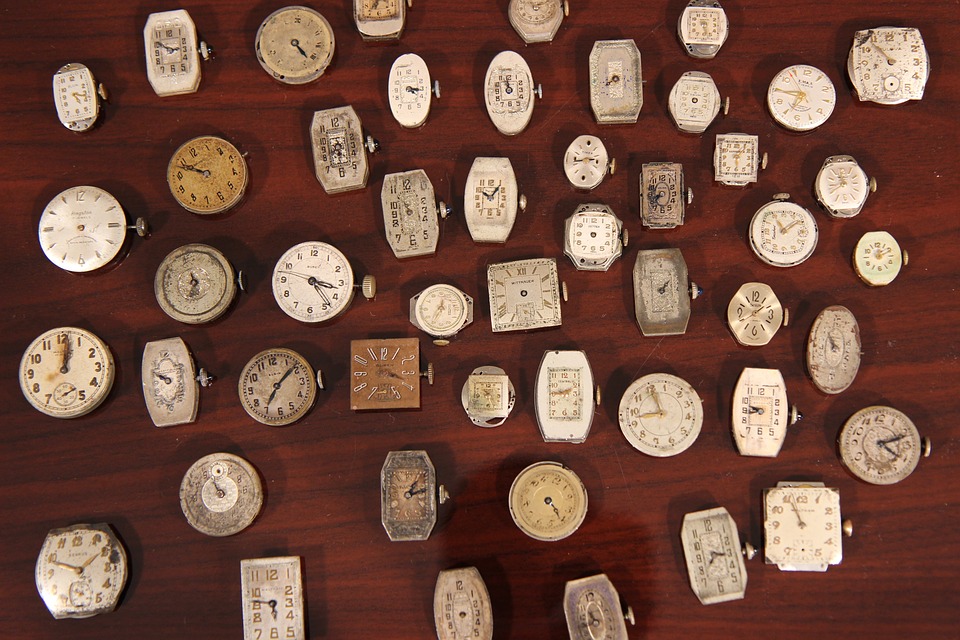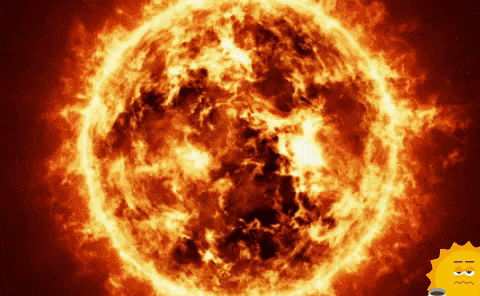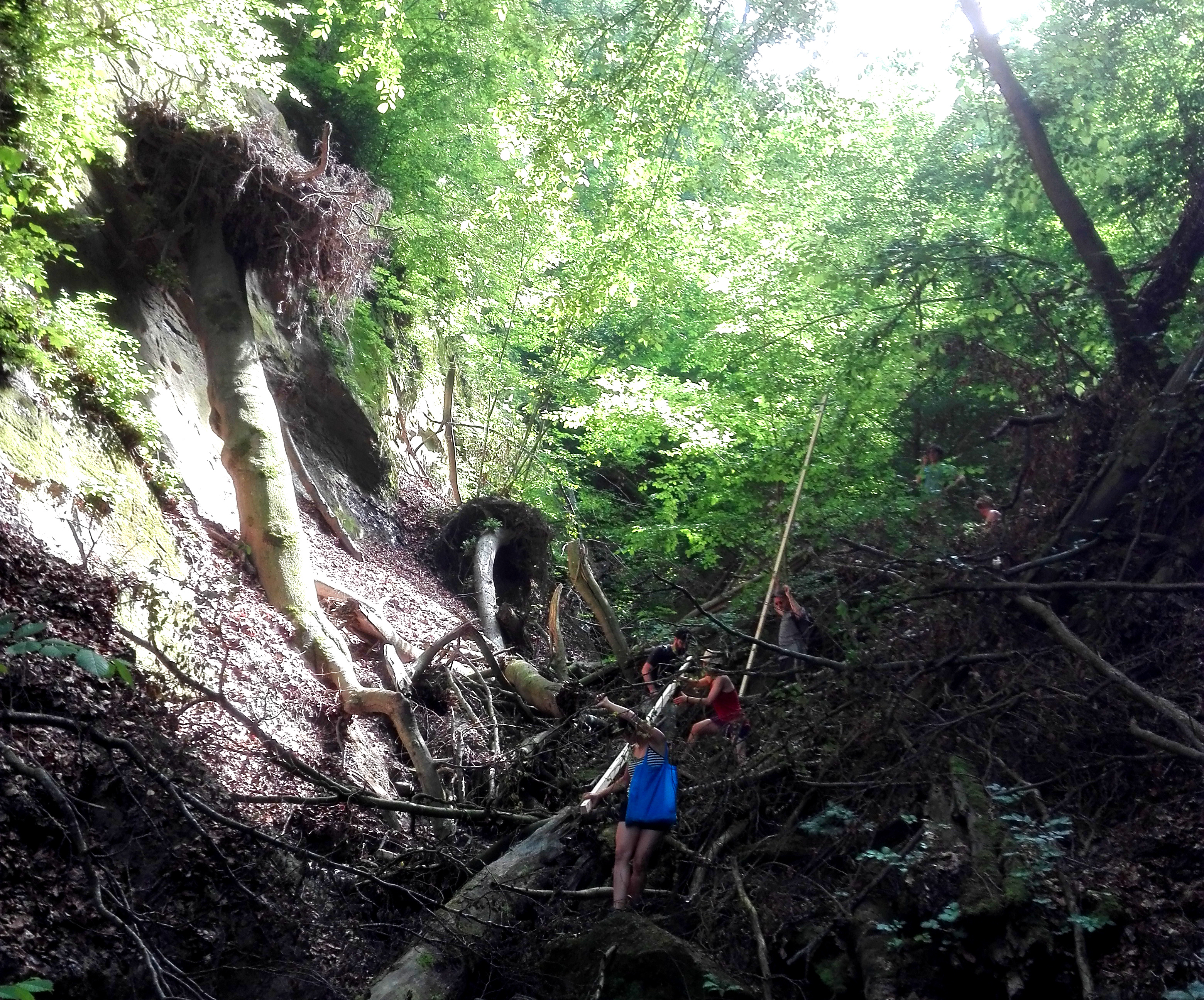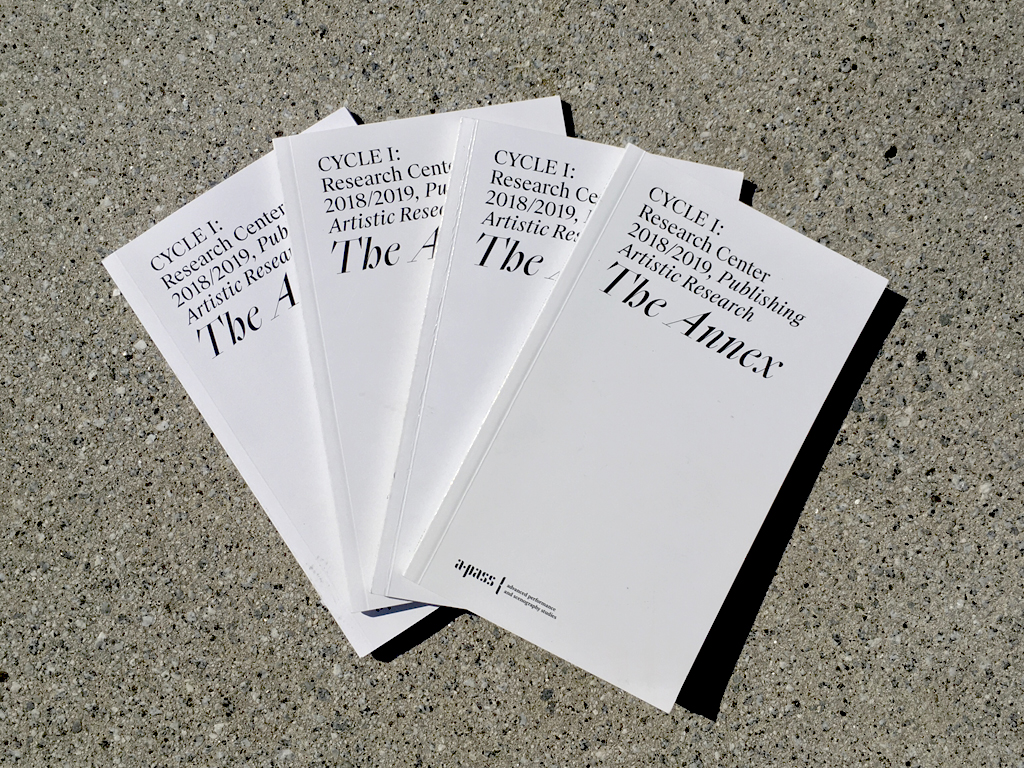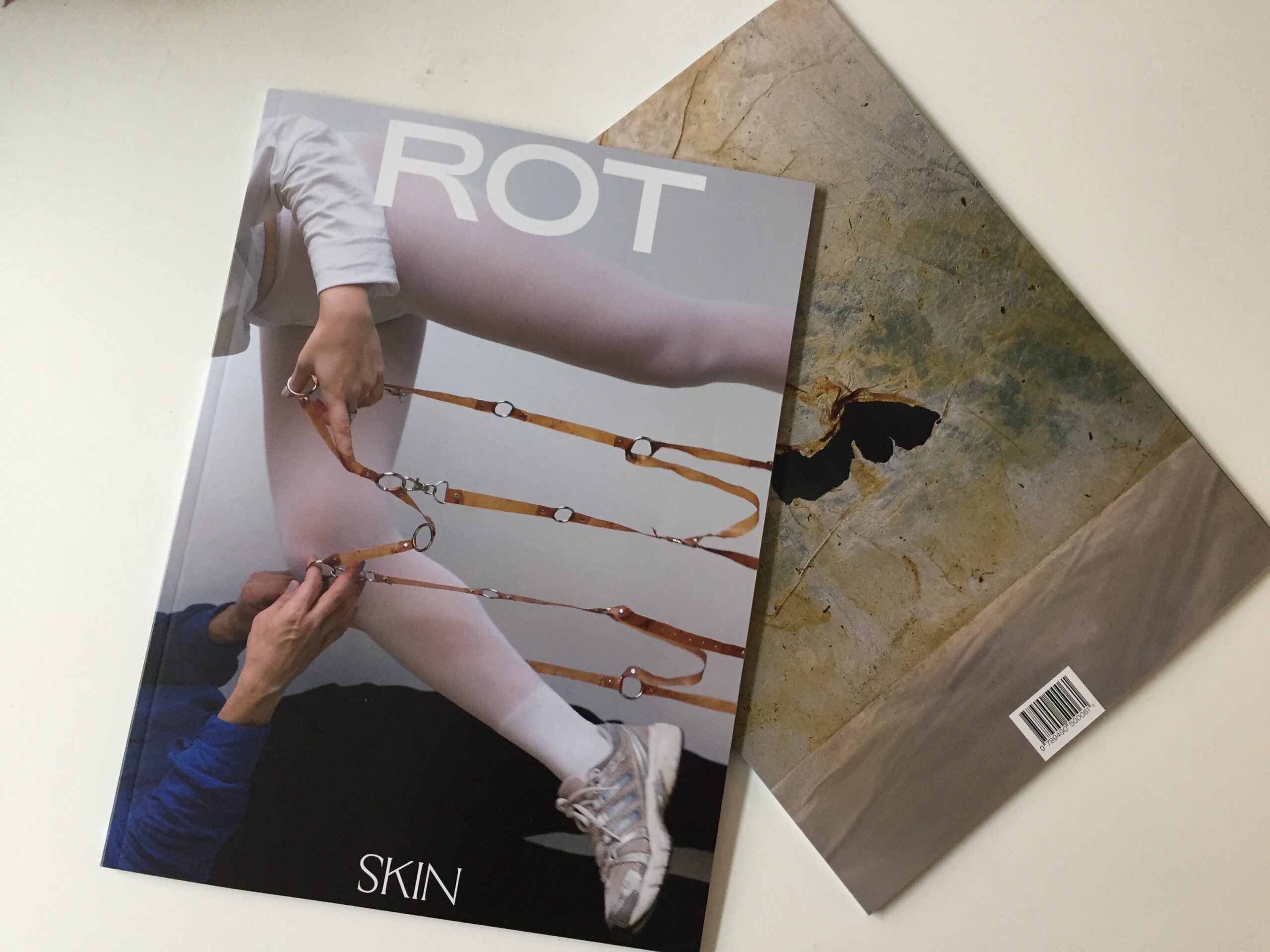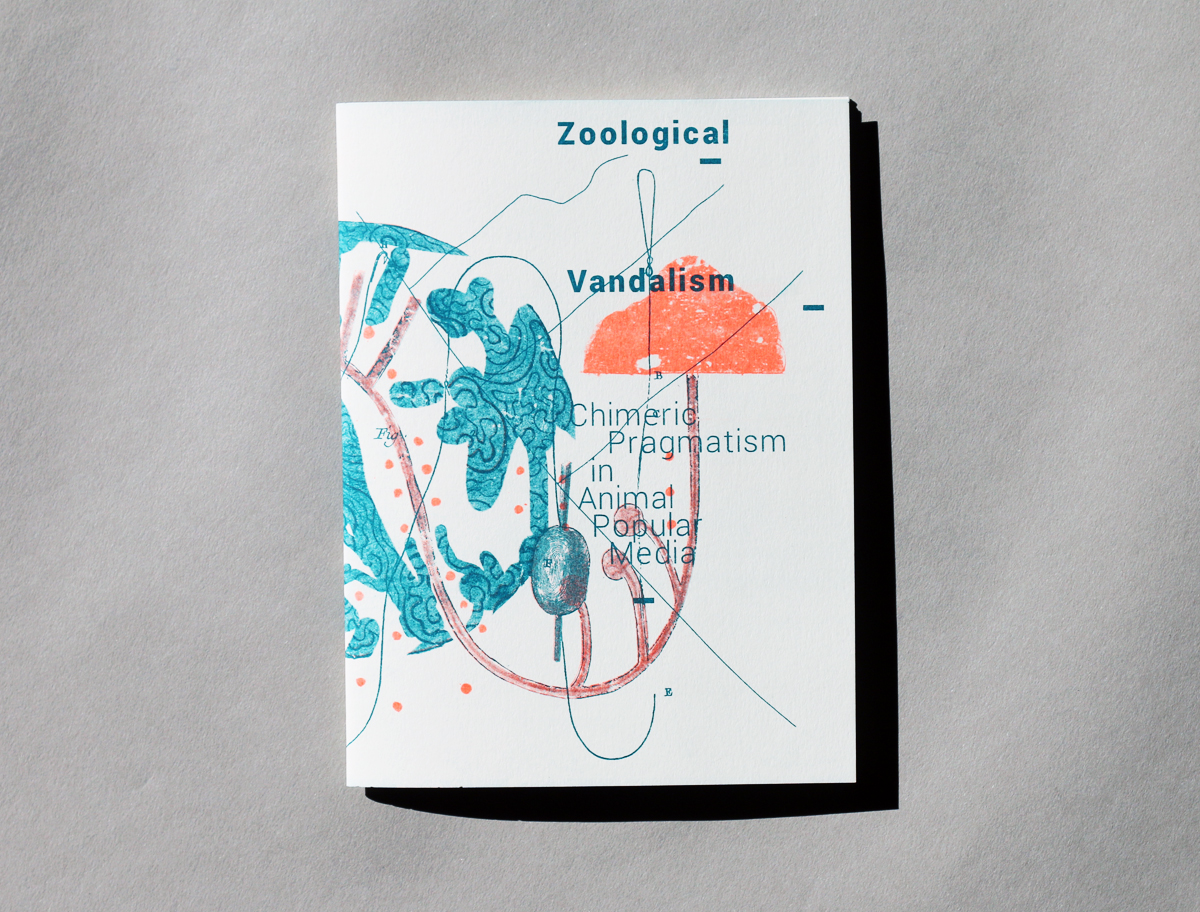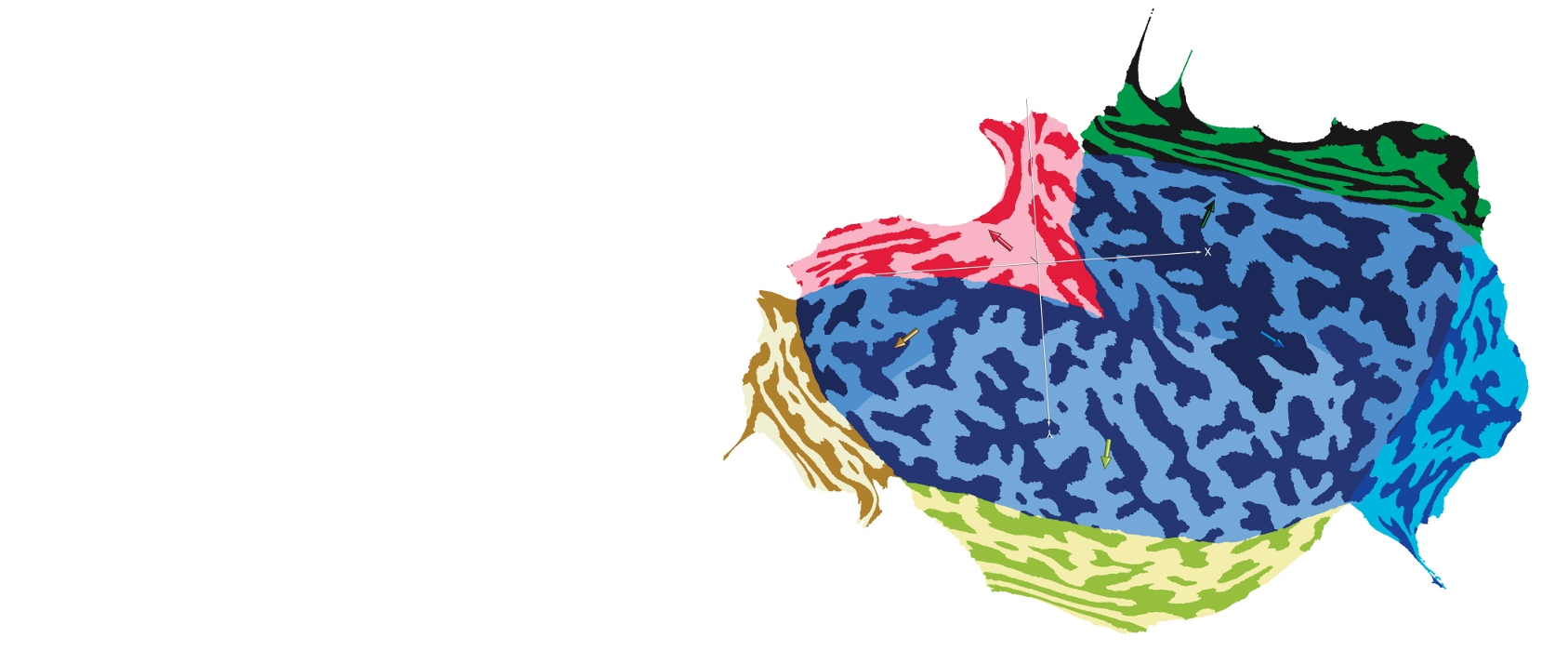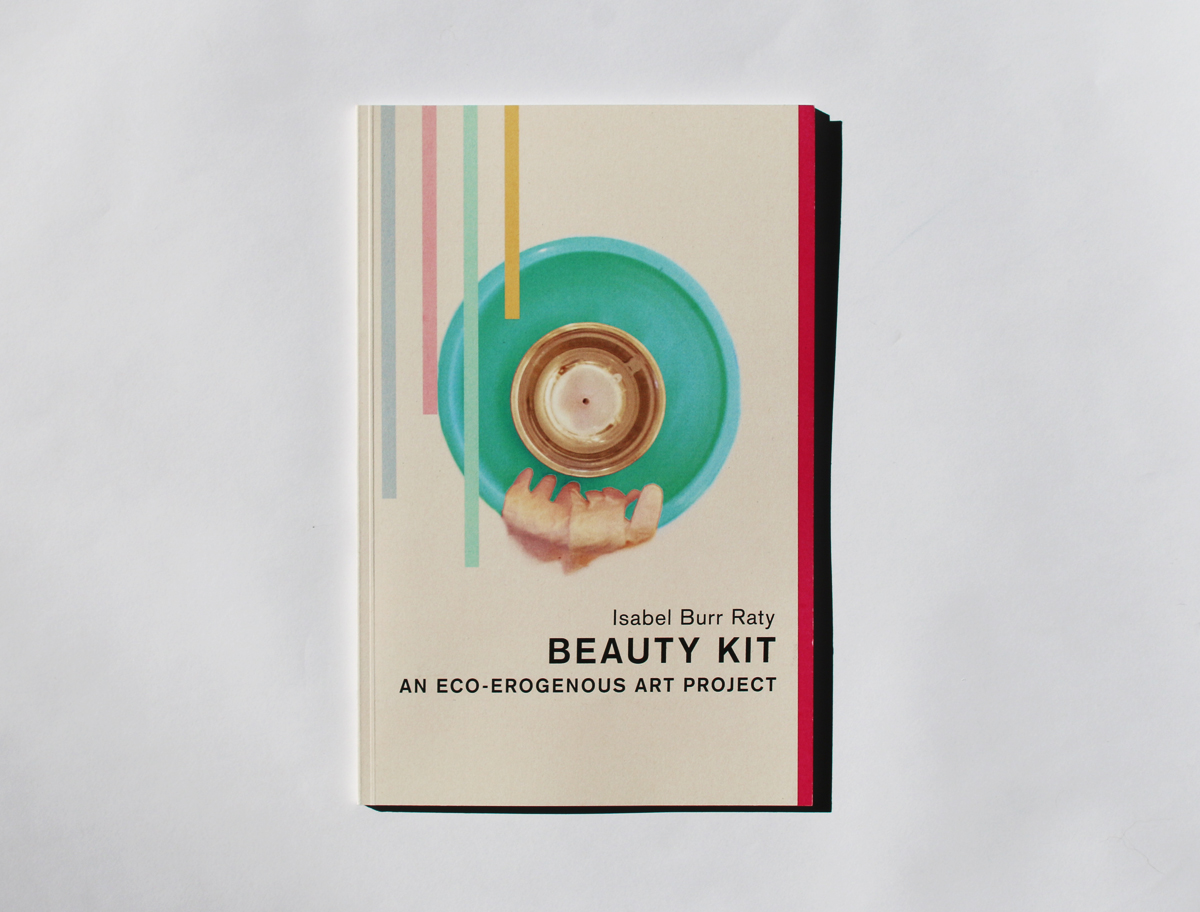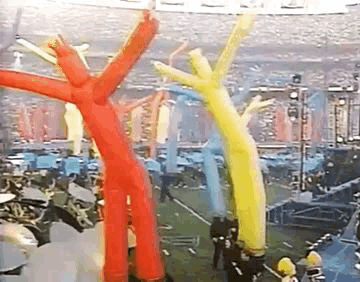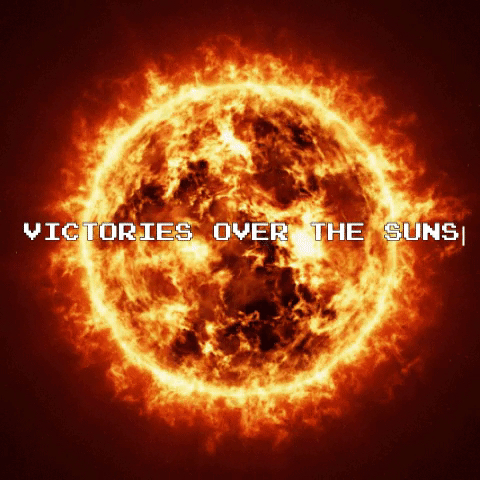research center
a.pass Research Centre Associates in residence victories over the suns
24 June-14 July 2019 / ZSenne ART Lab / Brussels
projects / events / agenda
general presentation of the project here
———research projects-events-and-agenda———
WICKED TECHNOLOGIES/WILD FERMENTATION
By linking practices of fermentation, feminism and artistic research, SARA MANENTE hosts a space for thinking, perceiving and doing togetherness in live cultures and live arts.
Sara is a performance artist, dance maker and researcher interested in narrowing the distance between the performers, the audience and the work. Her research starts from a dance practice that problematizes perception, translation and (aesthetic) value. Her work comes out in hybrid forms: book launch, 3Dfilm, written text, interview, choreographic piece, workshop, telepathic experience, collaboration et al.
For Zsenne she proposes and activates a Discursive lab on “fermentation and wickedness”. She will first lacto ferment a summer vegetable while discussing collectively the meaning of wicked, queer, wild and technologies in relation to participants personal researches. She then will leave the ferments in jars to age in the space of the gallery. On the last day of the residency the researchers in Brussels will open and taste them while discussing the same topics, this time informed by 3 weeks of collective fermentation. Meanwhile Sara will be in Fahrenheit 451 House in Catskill starting new alive cultures with the artists/curators Inju Kaboom and Steve Schmitz and their guests as a relay game of bacterial process. Among all the present participants of the residency, Antye Guenther, currently in residence in Japan, will join this online collective fermentation dinner.
Furthermore Sara will perform later in the week, an informal try-out concert on the multilayered and mashed sound that she has been making in the last few months : “Mush” musical cocktail.
FORMS OF LIFE OF FORMS
ROB RITZEN assembles elements of his research as an associate researcher at a.pass. In several collective moments he will explore the idea that form is not only aesthetical but that there is no politics without form. If so those concerned with form everyday, artists for example, can bring forms into being that can generate (un)foreseen effects on the forms that dictate our everyday life and shape our world. With Forms of Life of Forms, in short, Rob wants to work with others to better understand forms in all their expressions and workings, but above all to gain insights into how we can use forms to change the world around us.
With every moment he will add different perspectives and new layers to the notion of form; in-formation, political forms, network forms, value forms, organisational forms. Each moment brings forward a text and visual works that will be explored and discussed together. These elements will form a growing assemblage of written and visual works by Caroline Levine, Marco Lampis, Catherine Malabou, Antye Guenther, Marjolijn Dijkman, Mathijs van de Sande, Judith Butler, Alexander R. Galloway and Eugene Thacker, James Bridle, PA Consulting Group, Bureau des Etudes Luc Boltanski and Arnaud Esquerre, Nancy Fraser, Diego Tonus, and Zachary Formwalt.
Graphic design collective D.E.A.L will translate each moment and the added insights into a poster published for the following session.
Rob works as a curator with a background in philosophy, museum studies, art and architectural history. His curatorial practice is focused on self-organised and co-operative formats in close association with cultural practitioners — consciously positioned on the margin of established institutions and outside of market oriented spaces, but in the middle of communities of cultural practitioners. Most recently he co-initiated That Might Be Right, an attempt to reconfigure the politics of making art and alternative forms of production and presentation.
OTHERWISE EXHIBITING ARTISTIC ANXIETIES AND THE WORLD
‘My desires (or wills) are always in being produced, instead of producing. But some sort of production is expected.’
(Stefano Faoro, from the A4 press release of his solo exhibition ‘Soft Knees’, at Wiels project room 21.02 – 10.03.2019.)
Back in February, ADRIJANA GVOZDENOVIĆ related her thinking to Stefano Faoro’s text and how he used the standard format of A4 exhibition guide to be the work in the exhibition and a press release at the same time. How to engage with the time in ZSenne Artlab as a residency, a semi-public presentation, an open project, a traject, aiming to examine the formats of publicness of artistic research that pushes the border between research, mediation and production?
For three weeks, Adrijana proposes two ongoing practices that are at the same time a tool for conversation, an ongoing research and documentation process focusing on the temporal aspect of this kind of exhibiting. First, a cyanotype printing process, forming in time in relation to U.V. rays from sunlight to think together about traces and blueprints of and for the event, their sharp shadows and (non)transparency. Second, a one-to-one card reading, artistic anxieties and the world. In a 7 card spread Adrijana proposes to read (for and with) the artists and researchers – individuals that are concerned, fearful and hopeful, excited about their practice.
Adrijana is a visual artist and a researcher. In the last two years, in the collective studying environment of a.pass, she has been proposing activities and formats to explore possibilities of what she calls Otherwise Exhibiting, shifting the focus from
object to process to change. Since the beginning of this year, as a continuation of these lines, she started doing one year research at the Royal Academy of Antwerp with a project ‘Archiving Artistic Anxieties’, a proposal for self-archiving as an artistic practice. Adrijana introduces the concept of ‘artistic anxieties’ which stands for an artistic practice that looks for developing a mode of critique from an unstable position, exploring uncertainties and ‘follow(ing) the treads where they lead’.
*To take part in one of these two practices and contribute to the research, please send email adrijana.gvozdenovic@gmail.com
OTHER GEOMETRIES
Femke Snelting develops research projects at the intersection of feminisms, design and free software. In various constellations she explores how digital tools and cultural practices might co-construct each other. She is a member of Constant, a non-profit artist-run association for art and media based in Brussels.
She proposes for the residence a workshop : Other Geometries. It is an invitation to reflect on, re-imagine and train for togetherness with difference. It is a collaborative research-kit, a porous collection of trans*femininist renderings, eccentric imagery and recombinatory vocabularies. The kit is part of an ongoing conversation with activist collectives which rely on concepts such as ‘sovereignty’, ‘freedom’, ‘independence’ and ‘autonomy’ to ideologically motivate work on tools, networks and infrastructures we need and want. But by sticking to modes of separation rather than relation, we continue to evoke utopias elsewhere, instead of developing ways to stay with the trouble that we are already entangled in.
Other Geometries proposes ‘complex collectivity’ as a tentative framework to think with, for example, non-normative human constellations, or collectives where participants with radically different needs, backgrounds and agencies come together. ‘complex collectivity’ can be self-chosen, or be the result of structural forces such as laws, racism, technology, wars, austerity, queerphobia and ecological conditions.
Many of the items included in the kit modify existing concepts by introducing dynamic tension. In the workshop Femke will extend this method to the way we relay stories of complex collectivities or the kind of geometries we invent for them. We will try to be attentive to generative vibrations between ontologies and cosmologies and speculate with ‘infrastructures’ that could hold more than one form of togetherness together. What non-utopian models can we design to interface with multiple collectivities? How can we do that without making their intersections dependent on the rigidifying assumptions of sameness and reciprocity?
MAKING PUBLIC
After a.pass last audit in 2015, the Ministry of Education supported our institution by rating it officially “excellent”. Nevertheless the ministry encouraged us to become more visible and disseminate our knowledge practices on a more regular basis. This administrative curatorial invitation became a point of critical discussion and complex -conceptual and practical- development in a.pass under the name ‘Making Public’.
Publishing more? But what and how? Are we not obliged to problematize what a publication of artistic research could be? And isn’t it as well coherent to question and develop other modes of publishing? Disseminating more? But in which direction, in which proportion and for who? What does quantity mean in a frame of experimental practice? And what is the public for artistic research if not one to be imagined and ‘actualised’ because it might not exist yet? Are we not supposed to speculate a public for speculative practices?
Since three years the different iterations and proposals under the ‘Making Public’ umbrella were numerous within a.pass at large and occupied quite some space in the newly reconfigured research centre. Going from the thorny problem of ‘contract’, to the dichotomy between ‘private versus public’, to the challenging concept of ‘performative publishing’, to discussions towards the development of experimental digital (non)humanities, to the ontological/political definition of publishing as an act, and more… our notebook and catalogue of actual practices is expanding.
For this residence we propose a discussion day around ‘Making Public’ as a title, frame and horizon where the participants will contribute by sharing their own relational arrangement between their practices and the publication problem. They will also share their definitions and discuss together their concern starting from the question of urgency.
CRITICAL BESTIARIES
A lecture performance by SINA SEIFEE presenting the making of a mini-scale quasi-organization, called the critical bestiaries, to host/construct semi-sustainable structures for storytelling and questioning techniques of bestiaries. Namely, the questions of relational histories, technologies of memory, modes of attention, differential consciousness, and animal subjectivity. This project in the shape of a magazine will be a quadrilingual (German, Farsi, English, Arabic) online and printed form, and its topics are both thematic and epistemic. It is both an inspiration for storytelling and a reading apparatus, to give a chance to an interest for multi-species studies and to define a hybrid mode of discourse to talk about the conditions of storytelling today.
This projects will practically address the question of: which sensory-technology for making are necessary to approach ‘description’ as speculative theory in practice of how a world works? The aim of the magazine is to entangle: design (making things that tell stories), storytelling (a materialist practice of how not to reach the end), science (an interpretative adventure), faithful and fantastic (mixture of the highly rational and the highly fabulous), boundary objects (workaround things, concepts, processes, even routines that permit coordination, sometimes collaboration, without consensus), objectivity (the possibility of unambiguous communication and of boundary articulations) and fable (relational and speculative empiricism).
Sina Seifee researches as an artist in the fields of narrative, performance and knowledge production. He is working on the question of technology and storytelling in the arts and sciences of the middle ages and the past-present of material reading practices in collective life.
SCORESCAPES
Lilia Mestre is a performing artist and researcher based in Brussels working mainly in collaboration with other artists. She is interested in art practice as a medial tool between several domains of semiotic existence. Lilia works with assemblages, scores and inter-subjective setups as an artist, curator, dramaturge and teacher. From 2019 till 2021 she has/will collaborate(d) with Brandon Labelle in Social Acoustic project – a research project supported by the University of Bergen, Norway and with Nikolaus Gansterer and Alex Arteaga in Contingent Agencies – a research project supported by PEEK -Vienna. Since 2008 she is involved in developing the artistic research oriented young institution a.pass -she is currently a.pass artistic coordinator and co-curator- where she has been developing a research on scores as pedagogical tool titled ScoreScapes.
ScoreScapes is a research Lilia started in the context of a.pass, starting from questions such as: How to create an inclusive dispositive that enables learning through each other’s research proposals? How to deal with an un-disciplinary context that aims for transversal relations? By “score” Lilia means a set of instructions that can be repeated for a predetermined period of time. These instructions create a system through which participants interact, as the scores can be modified and used by anyone. Since 2014, she has developed four iterations of the practice: Writing Score, Perform Back Score, Bubble Score and Medium Score. And each iteration marked by the release of a conclusive publication.
Recently Lilia wrote ‘Scorescapes’, a text about the project that points to its transversal qualities and delineates some problems about its nature. Is ScoreScapes an archive? A documentary production? An art practice? A social practice? How does the project relate to artistic research as an unstable and unframed mode of knowledge practice? Does ScorScapes project’s ungraspable definition create conditions for something to happen in term of publishing otherwise?
During the residency in Zsenne ArtLab, Pierre Rubio will present the different dimensions and current state of the ScoreScape project with Lilia in an afternoon of collective reading, interview, Q&A and discussion.
TOWARDS AN ECO-EROGENOUS PARA-PHARMACEUTICS VILLAGE
In catastrophic times… Can the orgasmic body be a source for sustainable electricity production? Can the cavities that make up the landscapes of the human sexual organs be a territory for agricultural development? Can sex hormones offer alternative components for psychopharmacology and recreational drugs formulas? ISABEL BURR RATY is an independent filmmaker and performance artist, interested in the ontological crack between the organic and the artificially engineered, between the unlicensed knowledge of minority groups and the official facts. In her films, Isabel embodies human cosmo-visions that are in eco-survival resistance, bringing the imaginative realisms of the camouflaged and their subversive sense of chronology into the screen. In her artwork she interweaves new media, body art, installation and performance proposing hybrid narratives and bio-autonomous practices that play with synthetic magic. In her current work, Isabel creates hybrid performances and installations that invite the public to queer fixed categories of production understandings and experience the benefits of embodying SF in real time. She is currently running a Mobile Farm that starts by harvesting human female sexual juices, to produce beauty bio-products in Portugal and Holland, and will evolve into an ‘Eco-erogenous Para-pharmaceutics Village’ in the Atacama Desert in Chile, where “every-BODY” will harvest and recycle each other. The village will be a tentacular community of synergic mutualism that goes beyond the idea of corpus/body as biological transmitter of kinship and situates the human as a non-human species that can offer solutions to the planetary crisis we live in.
During the residence, Isabel presents three objects that revisit her project and outline a perspective towards the future of her research: Self facial abduction beauty treatment – This installation offers to the public the tester products of the unisex skin care lines manufactured in the Beauty Kit Female Farm and displayed in this Farm SPA. The visitors are invited to follow the application protocol an experience exotic transpersonal benefits – Male Farm : 1st encounter – To move the ideas of the project forward, during the residence, Isabel organises the first official Male Farm Encounter starting the conversation with a question: What’s happening with male sexuality today? A group of friends will join Isabel for an off conversation about how to address the incognitos around the male sexuality with the ambitious mission of transforming in the future male orgasmic genital and mental fluids in bio-autonomous technologies to produce electric energy. Beauty Kit Upgraded – Lecture Performance – In this lecture the artist hacks the focus group format to present the different lines of beauty bio-products that she conceptualized and manufactured using the female sexual juices that were harvested in her Mobile Farms. In this occasion the public is invited to help solving some of the riddles embedded in the alter-economic model of this project.
Isabel is associate researcher in a.pass.be, teaches Media art history in École de Recherche Graphique Brussels and is artist in residency in Waag, Mediamatic and VU Amsterdam.
POLITICS OF ENGINEERING
‘Politics of engineering’ is a one day of presentations and conversations about the questions of digital technologies posed by a.pass, as an institution, and addressed by its constituent knowers –Lilia Mestre, Pierre Rubio, Sina Seifee, Open Source Publishing – in the process of making three models and adjustment to the work of documentation and digital publishing that has been recently done or currently in the making.
—The day will start with a public conversation and an inconclusive study on the technical and epistemological assumptions that were made in the making of Parallel Parasite : Timeline Repository, a visual and discursive apparatus made by Sina Seifee after Parallel Parasite, a month residency at ZSenne ArtLab, produced by a.pass Research Centre and curated by Lilia Mestre in the Summer of 2018.
—Afterwards we continue by a presentation of OSP (Open Source Publishing) an engaged graphic design unit founded in 2006 in Brussels. OSP comprises a group of individuals from different backgrounds and practices in typography and graphic design, cartography, programming, mathematics, writing, and performance. They will present their practice, commitments, tools and projects.
—We will then continue by publishing the RRadio Triton Data Retrieval Interface, a website hosting a collective and experimental radio project aiming at producing audio documents gathered and disseminated by the ad hoc fictional radio label/station, which is the outcome of voluntary contributions after the 2017 winter seminar of a.pass, curated by Pierre Rubio. The website will be presented by the makers, the result of the initiation and curation of Pierre Rubio with the artistic and technological dramaturgy of Sina Seifee. They will discuss the making of RRadio Triton Data Retrieval Interface as a hybrid dispositive, as a science-fiction entity, a problematic storytelling, a speculation site and some concerns around politics of imagination.
—Then, OSP in conversation with Sina Seifee, will question and problematise engineering mentality and the use-relation of digital technologies in/with the arts and complex artistic research practices and institutions.
—Finally, everybody will have a discussion/Q&A where complex politics of digital engineering can be addressed collectively.
CONTINGENT WEIRDNESS (workshop on horror)
Adrijana Gvozdenović and Sina Seifee propose Contingent Weirdness (workshop on horror).
A two-days training/hanging-out/sharing/practice for artists researchers focusing on the specific genre of horror to understand each other’s artistic commitments in a constraint and therefore generative way. Adrijana and Sina will explore and reshape historical elements of the genre, such as zombies, gore and torture of ghostly demons, vicious animals and cannibal witches, as well as medieval serial killer monsters, unnatural disasters and Frankenstein projects, and so on. Parallel we foreground different scales and registers of horror for reconsideration, ranging from speculative fiction, sci-fi cinema, to medieval bestiaries, inducing “bad feelings” such as fear, uncanny, awe, mania, panic, tension and anxiety.
The workshop starts by imagining an aspect of our practices as a horror story, locating the fear, and deciding, with the help of the group, what can be turned into horror. Doing so, we are interested in exploring the parts of our practice that are fucked-up, that means to which extent what we do can become a disaster, gore, torture. Starting from where one’s practice produces demage and when thinking disintegrate and disorient, we will map what escapes our peripheral vision. We will discuss together (arche-)type of horror categories and make a cliche/scheme/model for at least one or two of them. Then we will chose an affective, atmospheric, compositional technique of horror to ask how does this story relates to which existing social, political, cultural phenomena today. We will concentrate on both, to create horrors but also working on a specific setting, which is important for the genre not only to set up the mood but to create an ambience of the expectation of horror. In the workshop we will provide basinc accessories and tools to create settings – an ambience of ‘expectation’ pregnant with horror. In relation to this, we will prepare references for the reading and/or watching selected films together. In the second day, we focus on composing singular pieces (around individual proposals or in small groups) which we will share at the end of the day in the setting of a ‘scary stories night’.
Going through how this genre works is important, because genre is a way of gathering and staging what it cares for, in a performative and coherent way to teach a negatively affected audience how to inhabit their world. Adrijana and Sina are interested what comes out when we start from the fears and affects creating personalised monsters of our work and how will this training from another side of reasoning, while working in an atmosphere for a contingent weirdness, shape the language for not thinking clearly, yet precisely. Particular interest of the workshop is in those scales that are not necessary correct and of good intention. We propose to exaggerate consciously how great art practices are also awful, how the things we do are also often laden with damage and death, to trace our works in the matrix of rage, lure, and desire (and not necessarily in the matrix of truth, duty, and achievements).
DEALING WITH POROSITY
How to become porous? How to stay porous? Dealing with porosity, this quality or state of being permeable and/or capable of being penetrated, as a means to disrupt binaries, culture-nature, inclusive-exclusive, body-mind, information-matter… That is what Antye Guenther is up for.
Antye is a visual artist and artist researcher, born and raised in Eastern Germany. Drawing from her background in medicine, in photography, and in the military, her artistic practice treats themes like (non)biological intelligence and supercomputing, posthumanism and mind control, body perception in techno-capitalist societies and science fiction. She is an associate researcher at a.pass and holds the first Mingler Scholarship for Art and Science/ NL. At the Arita Porcelain Residency in Japan, Antye is currently developing ‘brain vases’, to investigate the problematic metaphor of the brain as a container or vessel. Her brain was scanned at the Neuroscience Department of Maastricht University where the MRI data 3D (re)constructed it within a scientific visualisation programme and was used as a source material to fabricate delicate and desirable porcelain vases. But what if these vases are dysfunctionally engineered and are porous? What if a vessel as iconic as a porcelain vase leaks? The material metaphor poses some questions: How to stay porous? How to get severely entangled with and influenced by other people, new environments, other cultures etc.? How to take part in each other practice? How to engage in each others’ thought processes?
For this residence in Brussels, and taking into account Antye’s geographical displacement in Japan, she proposes the following encounters: 1/ She will send every week an object in the form of an audio file to fill and potentially penetrate the gallery space and be discussed by the artists/researchers present in Brussels in her ‘absence’. The discussion will be recorded and sent back to her in Japan. 2/ One-on-one video conversations creating concentrated moments to discuss concerns in each others’ practices. 3/ a live video communication moment of presentation and sharing of Antye’s experiences so far at the Arita Porcelain Residency in Japan.
———————-agenda———————-
*all the events are public, except noted otherwise
FORMS OF LIFE OF FORMS Rob Ritzen
26.6 – 16-19:00h / FOLOF I – reading group
1.7 – 16-19:00h / FOLOF II – reading group
1.7 – 19-20:00h / FOLOF II – lecture by Mathijs van de Sande
3.7 – 16-19:00h / FOLOF III – reading
8.7 – 16-19:00h / FOLOF IV – reading
13.7 – 13-15:00h / FOLOF V ultimate and complete form of the installation – open and public from 16h00 to 20h00
[A series of reading sessions and installations that will add different perspectives and new layers to the notion of form; in-formation, political forms, network forms, value forms, organizational forms. read more]
WICKED TECHNOLOGIES/WILD FERMENTATION Sara Manente
25.6 – 12-14:00h / [by invitation]
5.7 – 19-20:00h / MUSH musical cocktail concert on the multilayered and mashed sound
13.7 – 18:00h / last poisoned supper of doom
[A discursive lab about Sara’s notion of fermentation and wickedness, on the meaning of wicked, queer, wild and technologies in relation to the participants personal researches. read more]
OTHER GEOMETRIES Femke Snelting
30.6 – 12-18:00h [by invitation]
30.6 – 20-22:00h / in collaboration with Sara Manente and the group : “other geometries non agonistic performative dinner” [by invitation]
[Workshop with a collection of femininist renderings, eccentric imagery and recombinatory vocabularies, with ideologically motivate work on tools, networks and infrastructures to re-imagine togetherness. read more]
CRITICAL BESTIARIES Sina Seifee
4.7 – 19-22:00
[Presentation of the “critical bestiaries,” a magazine in the making, a mini-scale quasi-organization to host/construct semi-sustainable structures for ‘storytelling’ and ‘questioning’ techniques of bestiaries. read more]
POLITICS OF ENGINEERING Sina Seifee,OSP,Pierre Rubio,Lilia Mestre
9.7 – 11-12:00h Parallel Parasite : Timeline Repository
9.7 – 12-13:00h OSP presentation
9.7 – 13-14:00h (lunch break)
9.7 – 14-15:00h RRadio Triton Data Retrieval Interface
9.7 – 15-16:00h Discussion between OSP & Sina Seifee
9.7 – 16:30-18:00h Collective discussion and Q&A
-from 18:00h on – open evening with the platforms available!
[A day of presentations and conversations about the question of digital technologies posed by a.pass and addressed by its constituent knowers (Lilia Mestre, Pierre Rubio, Sina Seifee, and OSP) in the process of making three models and adjustment to the work of documentation that has been recently done. read more]
SCORESCAPE Lilia Mestre
5.7 – 14-17:00
[A transversal scoring practice, reading group/presentation/interview/discussion about the project ScoreScapes by Lilia Mestre. read more]
TOWARDS AN ECO-EROGENOUS PARA-PHARMACEUTICS VILLAGE Isabel Burr Raty
6.7 / installation: Self facial abduction beauty treatment
6.7 – 11-13:00h / Male Farm : 1st encounter [by invitation]
6.7 – 19-20:00h / Beauty Kit Upgraded – Lecture Performance
[A collection of performances and installations that invite the public to queer fixed categories of production understandings and experience the benefits of embodying SF in real time. read more]
CONTINGENT WEIRDNESS Adrijana Gvozdenović and Sina Seifee
11.7 – 10-18:00h day 1
12.7 – 10-24:00h day 2
for registration email to sina.seifee@gmail.com
[Two-days workshop, training/hanging-out/sharing/practice for artists researchers, focusing on the specific genre of horror to understand each other’s artistic commitments in a constraint and therefore generative way. read more]
OTHERWISE EXHIBITING ARTISTIC ANXIETIES AND THE WORLD
Adrijana Gvozdenović / ongoing practice
for an appointment please contact adrijana.gvozdenovic@gmail.com
[One-to-one sessions for artists and researchers, a card-reading and interview practice concerning individuals that are concerned, fearful and hopeful, excited about their practice. read more]
CYANOTYPE PRINTING PROCESS Adrijana Gvozdenović
ongoing / installation and practice
[Made of processing traces and blueprints of U.V. sun rays. read more]
DEALING WITH POROSITY Antye Guenther
ongoing exchange of audio files with the participants
13.7 – 11-12:00h skype working session from Arite (Japan) [by invitation]
[A series of inquiries in the form of interview between Japan and Belgian, one-one-one video calls, and recordings on individual bases. read more]
——————————————————————–
The residence is produced by a.pass Research Centre
and hosted by ZSenne ArtLab
From June 24th to July 14th 2019
9h00 – 23h00
Anneessens 2, 1000 Brussels
https://goo.gl/maps/nTVwbSAjK6yW76iY9
The Research Center at a.pass is a platform for advanced research practices in the arts. It invites six associated researchers per one year cycle to develop their artistic research practice in an environment of mutual criticality and institutional support. In agreement with the individual research trajectory of the associate researchers the apass Research Center supports and facilitates forms of publications, performative publishing, presentations, experimental research setups and collaborations. Rather than consolidating the existing discourse around the notion of artistic research, a.pass is committed to accumulating different understandings of artistic research through practicing its frameworks, archives and vocabularies. By bringing together differently practiced notions of artistic research, a.pass is reflecting on modes of study and knowledge practice within the artistic field. a.pass is interested in the actualisation of performing knowledge because it considers artistic research as a situated, contextual practice which is the consequence of ongoing negotiations between its stakeholders, contextual fields and discourses. a.pass interacts with academic, activist, or practice-based fields and methods of research, and supports the development of rigorous, inventive forms of artistic research on the intersections between those fields and in tension with academic artistic research as a developing discipline. The center itself is not a solid institutional body with its associate researchers as satellites, it is rather constructed as a support structure that brings different trajectories and fields of research to a multitude of temporary overlaps. It’s institutional and long term structures work towards a repository of methodologies, forms of archive and ‘making public’ of artistic research practice.
